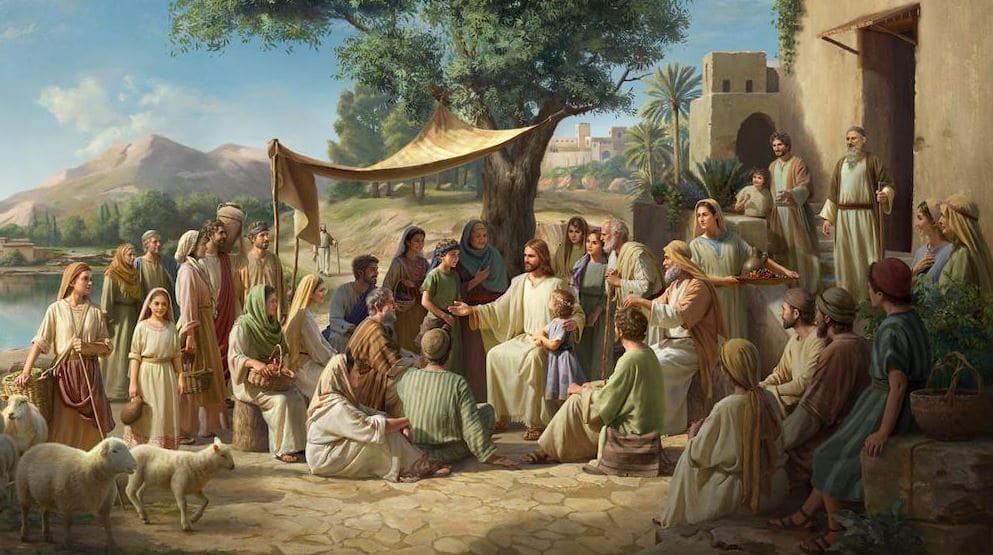Introduction
Jesus taught many people about God’s kingdom and expectations. He used various forms of teaching, such as performing miracles. Moreover, parables have a hidden meaning that Jesus wanted people to understand through metaphors. In particular, Jesus used the mustard seed, weed, and good Samaritan parables in the Gospel to teach people about the power of faith, understanding good, evil, and love.
The Mastered Seed
Jesus teaches about the power of faith using the parable of the mustard seed. The kingdom of God is like a mustard seed that grows and becomes a tree where birds reside (Howes, 2019, p. 340). The metaphor shows that the kingdom of God can grow tremendously from little faith. Jesus replied to his disciples when they failed to drive out demons from a possessed boy and told them that, if people have faith as tiny as a mustard seed, they can move mountains (New International Version (NIV), 2011, Matthew 17:20). Jesus teaches that, even with little faith, humans can do what seems impossible. They can grow their faith and God’s ministry beyond expectation through the power of believing in Christ. Hence, the parable of the mustard seed demonstrates the power of faith and growth in God’s kingdom.

The Weed
Jesus uses the parable of the weed to teach people about good and evil. The metaphor illustrates how a farmer who had planted good seeds in the field allowed his crop to grow together with weeds planted by the enemy (New International Version (NIV), 2011, Matthew 13: 24-29). The farmer knew that removing the weeds early could destroy his crops. Jesus explained that the weeds are evil sons who will be burned with fire, while the seeds are righteous, and the good people will dwell in God’s kingdom (Schumacher, 2019, p. 256). The metaphor suggests that God has allowed evil individuals to live among righteous ones. Moreover, evil people will be thrown into the fire, while the righteous ones will have eternal life. The weeds have to be burnt to eliminate the prevalence of evil in God’s kingdom. Therefore, the parable of the weed teaches that God will punish evil and reward righteousness.
The Good Samaritan
Jesus presents the parable of the good Samaritan to teach humans to love others. The metaphor demonstrates how a man wounded by thieves was saved by a good Samaritan and left to die by a priest and a Levite (New International Version (NIV), 2011, Luke 10: 25-37). The good Samaritan felt compassion for the wounded man and offered him help. On the contrary, the priest and the Levite ignored the man and decided not to help him. The metaphor of the good Samaritan teaches that people should love others irrespective of race or religion and give freely and generously without expecting anything in return (Drummond, 2022, p. 10). People should help those in need without expecting payment for good work. As a result, the parable of the good Samaritan encourages people to love, be compassionate, and help each other.
Conclusion
Jesus taught people about the kingdom of God using the mustard seed, weed, and good Samaritan parables. He asserted that nothing is impossible when people have faith in God. Furthermore, Jesus allows righteous and evil to live together and creates room for change. In turn, people should be ready to help others. Thus, Jesus used various metaphors to teach people how to use their faith to overcome challenges.
References
Drummond, A. (2022). The parables of the Lord Jesus Christ. Ladder to Heaven.
Howes, L. (2019). The Q parable of the mustard seed and leaven: Half-baked and Garden-variety metaphors. Project Muse, 53(2), 339-374. https://doi.org/10.1353/neo.2019.0022
New International Version (NIV). (2011). Biblica Inc.
Schumacher, M. (2019), Weeds among the wheat. Cross Currents, 252-263. https://doi.org/10.1111/cros.12376


